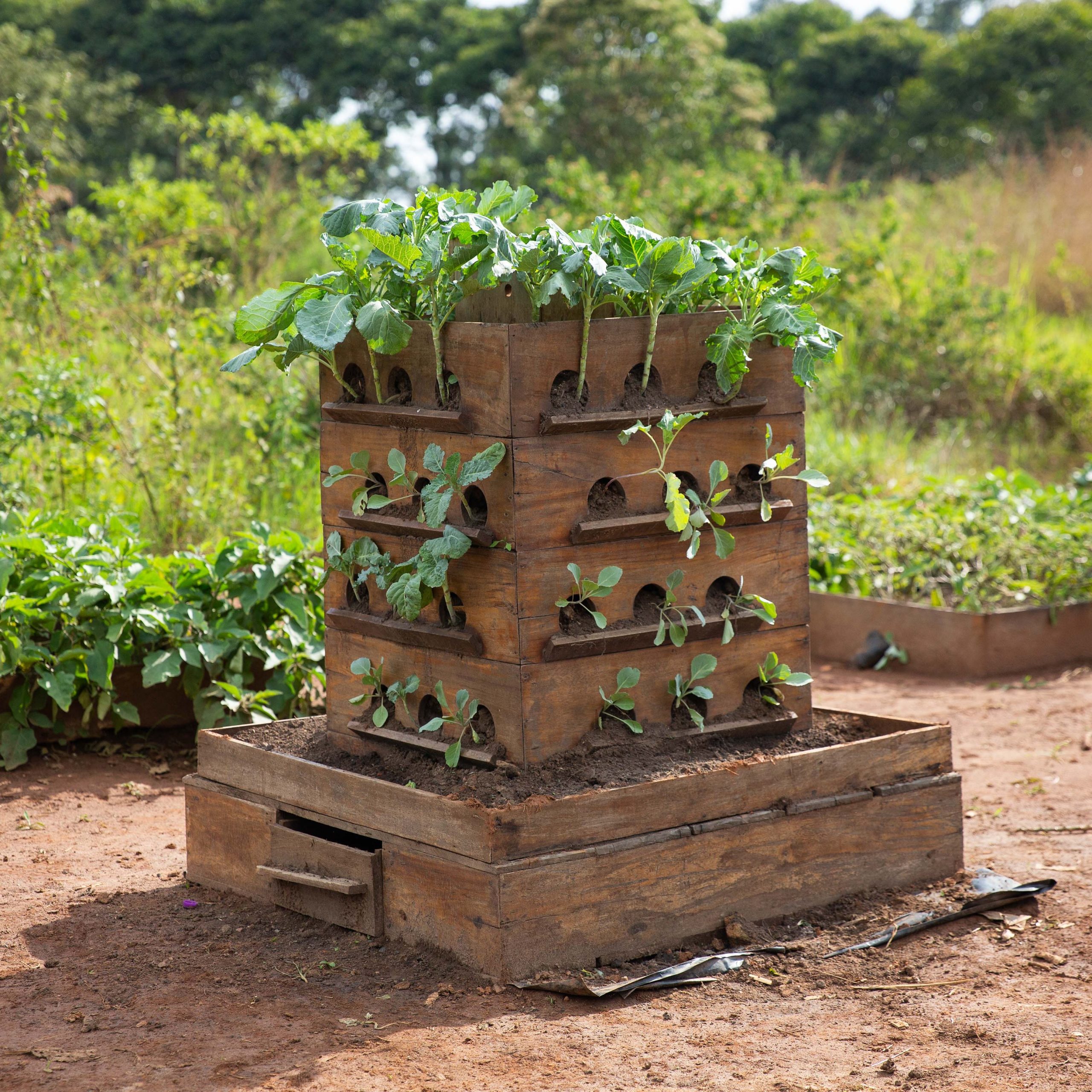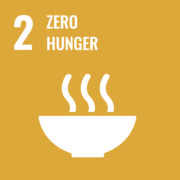
The Vertical Farm Taking Urban Farming to the Next Level
The Vertical Farm Taking Urban Farming to the Next Level

Primary SDG:

Founder(s):
Paul Matovu
Current Start-up Stage:
Revenue
Venture Type:
Niche Venture
Milestones:
-
2014
Founded
-
2015
Prototype built and tested
-
2016
Started Working with USV
- 2017
-
2019
Created 3 new designs for vertical farms.
-
2019
Shortlisted for the Africa Prize for Engineering
-
2020
Raised $25,000+ to open a workshop and start mass-production
The Problem
Africa’s population is set to double in just over 30 years to 2.1 billion people in 2050 (UN Population Division, 2019). Concurrently, the population will become significantly more urban – from 43% to 59% (UN Population Division, 2018). Uganda actually has one of the world’s fastest urbanising populations – increasing at 5.7% each year.
All this puts incredible pressure on food chains, with the potential for small disruptions to cause widespread shortages and price increases in cities.
However, urban farming has generally not been viable, because the time taken to care for plants growing in a handful of sacks is not worth the benefit of some vegetables.
The Product
The Vertical Farm changes this by stacking tiers of soil-beds to maximize the productivity of small spaces. Each farm can generate up-to $350 in produce in an 8 month season.
With its unique designs, vertical farms ensure maximal productivity in small spaces with minimal water input for optimal yield. They also have vermicomposting chambers to turn biodegradable household waste into organic castings essential for crop fertilisation.
The Impact
Different versions of the vertical farm differentiate between the two segments: low income communities and higher income urban dwellers.. Profits made from higher-income users subsidises low-income communities to purchase their farms through a micro-credit sales model.
This enables individuals from poorer backgrounds to effectively double their incomes.
The Future
The Vertical Farm are currently working to launch 3 new designs for the farms and subscription model to provide seasonal farming advisory services to those with the vertical farms.
New partnerships with other savings groups, microfinance institutions, and NGOs will enable them to reach out further to more low income communities.
After demonstrating traction in Uganda, the company will be able to expand to other African cities.
Primary SDG:

Founder(s):
Paul Matovu
Current Start-up Stage:
Revenue
Venture Type:
Niche Venture
Milestones:
-
2014
Founded
-
2015
Prototype built and tested
-
2016
Started Working with USV
- 2017
-
2019
Created 3 new designs for vertical farms.
-
2019
Shortlisted for the Africa Prize for Engineering
-
2020
Raised $25,000+ to open a workshop and start mass-production
The Problem
Africa’s population is set to double in just over 30 years to 2.1 billion people in 2050 (UN Population Division, 2019). Concurrently, the population will become significantly more urban – from 43% to 59% (UN Population Division, 2018). Uganda actually has one of the world’s fastest urbanising populations – increasing at 5.7% each year.
All this puts incredible pressure on food chains, with the potential for small disruptions to cause widespread shortages and price increases in cities.
However, urban farming has generally not been viable, because the time taken to care for plants growing in a handful of sacks is not worth the benefit of some vegetables.
The Product
The Vertical Farm changes this by stacking tiers of soil-beds to maximize the productivity of small spaces. Each farm can generate up-to $350 in produce in an 8 month season.
With its unique designs, vertical farms ensure maximal productivity in small spaces with minimal water input for optimal yield. They also have vermicomposting chambers to turn biodegradable household waste into organic castings essential for crop fertilisation.
The Impact
Different versions of the vertical farm differentiate between the two segments: low income communities and higher income urban dwellers.. Profits made from higher-income users subsidises low-income communities to purchase their farms through a micro-credit sales model.
This enables individuals from poorer backgrounds to effectively double their incomes.
The Future
The Vertical Farm are currently working to launch 3 new designs for the farms and subscription model to provide seasonal farming advisory services to those with the vertical farms.
New partnerships with other savings groups, microfinance institutions, and NGOs will enable them to reach out further to more low income communities.
After demonstrating traction in Uganda, the company will be able to expand to other African cities.
